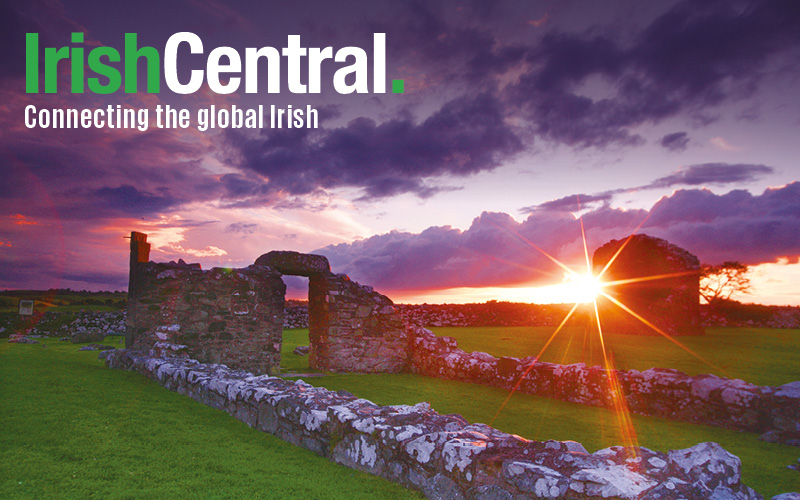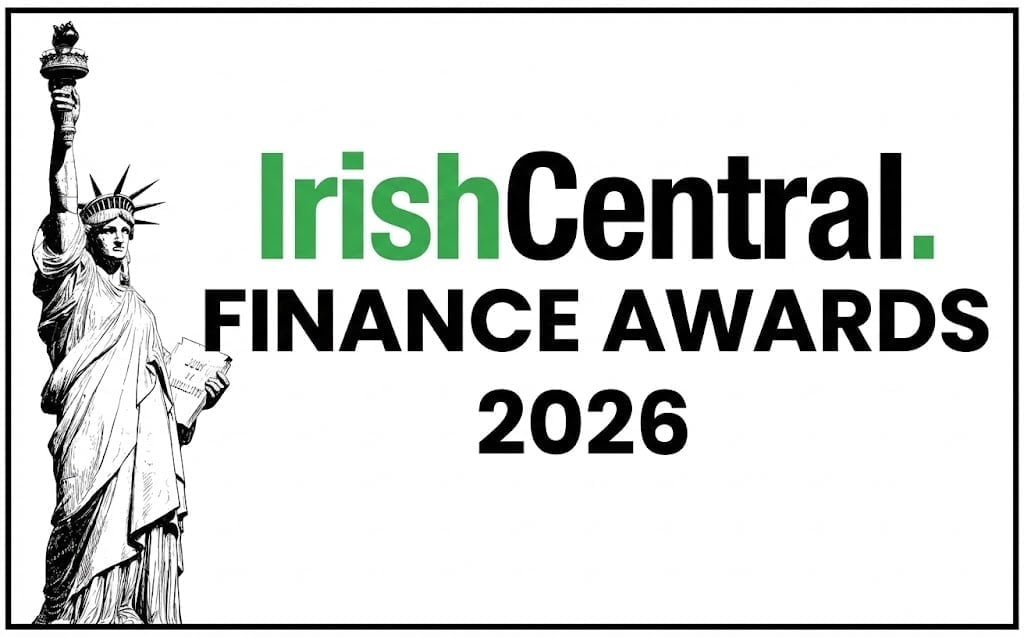Anti-household tax campaigners have said that the latest survey findings into Irish incomes prove ‘that it is not feasible' for the Government to impose water and property taxes.
The recent survey by the Irish League of Credit Unions showed that more than 1.8 million people in Ireland have only $122 (€100) disposable income a month. This figure represents an increase of 200,000 people in the past year alone.
The “What’s Left?” survey showed that 602,000 people in Ireland have nothing left after paying their bills. The findings also showed that half of households struggle to pay their bills on time and 40 percent were forced to borrow to pay their own bills in the last 12 months.
Other key findings include:
-Irish consumers owe on average €1,100 on their credit card.
-Half of bank account holders (50 percent) are unaware of what their bank is charging to operate their current account.
-46 percent of those with a credit card do not know the interest rate charged on their card.
-40 percent have borrowed to pay their household bills in the past 12 months, 10% using moneylenders
In response to the findings, Gregor Kerr, spokesperson for campaign Against Household and Water Taxes (CAHWT), said, "This proves that it is not feasible for the Government to believe that it can impose water and property taxes on people who are already completely strapped for cash.”
Kerr added, "In this context, how does the government possibly believe that it can impose property and water taxes which will amount to over €1,000 per household?"
"These figures must be looked at in the context of figures released last week which showed that the top 10,000 Irish earners who have average incomes of €595,000 per year pay an effective tax rate of just 29%."
Kieron Brennan, ILCU chief executive, said it is extremely important for people to closely manage their budgets.
"The issue of personal debt is something we are hearing more and more about and the issue is a growing concern, particularly for those who are relying on their credit card to make ends meet every month," he said.
"Even more concerning is that of those who are borrowing each month to meet payments on their household bills, 10% are turning to moneylenders.”
"With the level of personal indebtedness and financial exclusion in Ireland, there is a real danger of compounding the problem by allowing legal moneylenders to charge excessive rates."
The "What's Left?" tracker survey quizzed 1,000 adults in Ireland in June.




Comments